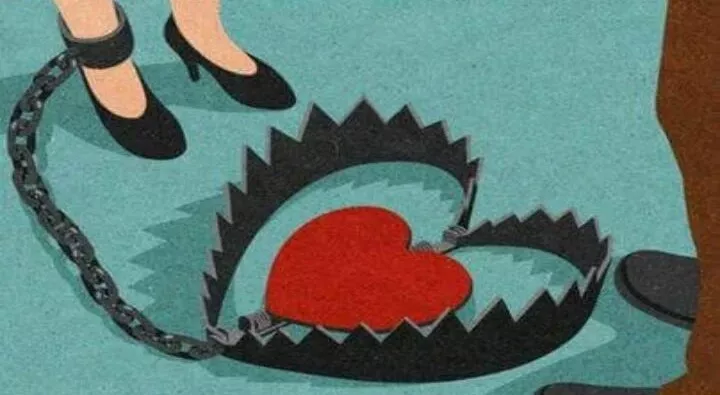Stop emotional dependence.
Being emotionally dependent on another person is a difficult reality to face, and it can be even more difficult to overcome. It is often a result of the way you learned to attach to others as a child or relationship experiences youve had throughout your life. Chances are that if you are in an emotionally dependent relationship, it does not feel healthy or satisfying. It has likely stunted the relationship and/or impacted the mental health of yourself and the other person.
■ Signs that you are in an emotionally dependent relationship might include:
• You don’t leave the relationship despite the fact that this person continuously brings you unwanted feelings (sadness, anxiety, distress, pain).
• You do not want to end the relationship because you are terrified of being alone.
• You rarely spend time with friends, family, or other important others because you are constantly spending time with this person.
• You give up activities or hobbies you used to enjoy, in favor of spending time with this person.
• You find yourself getting jealous or angry when this person spends time with other people.
• You cannot imagine your life without this person.
• This is the only person who can make you feel better when you are sad or upset.
• This person’s mood significantly and consistently impacts the way you feel. For example, if this person is sad, you are sad. If this person if angry, you are angry. If this person is happy, you are happy.
It...
■ Signs that you are in an emotionally dependent relationship might include:
• You don’t leave the relationship despite the fact that this person continuously brings you unwanted feelings (sadness, anxiety, distress, pain).
• You do not want to end the relationship because you are terrified of being alone.
• You rarely spend time with friends, family, or other important others because you are constantly spending time with this person.
• You give up activities or hobbies you used to enjoy, in favor of spending time with this person.
• You find yourself getting jealous or angry when this person spends time with other people.
• You cannot imagine your life without this person.
• This is the only person who can make you feel better when you are sad or upset.
• This person’s mood significantly and consistently impacts the way you feel. For example, if this person is sad, you are sad. If this person if angry, you are angry. If this person is happy, you are happy.
It...




